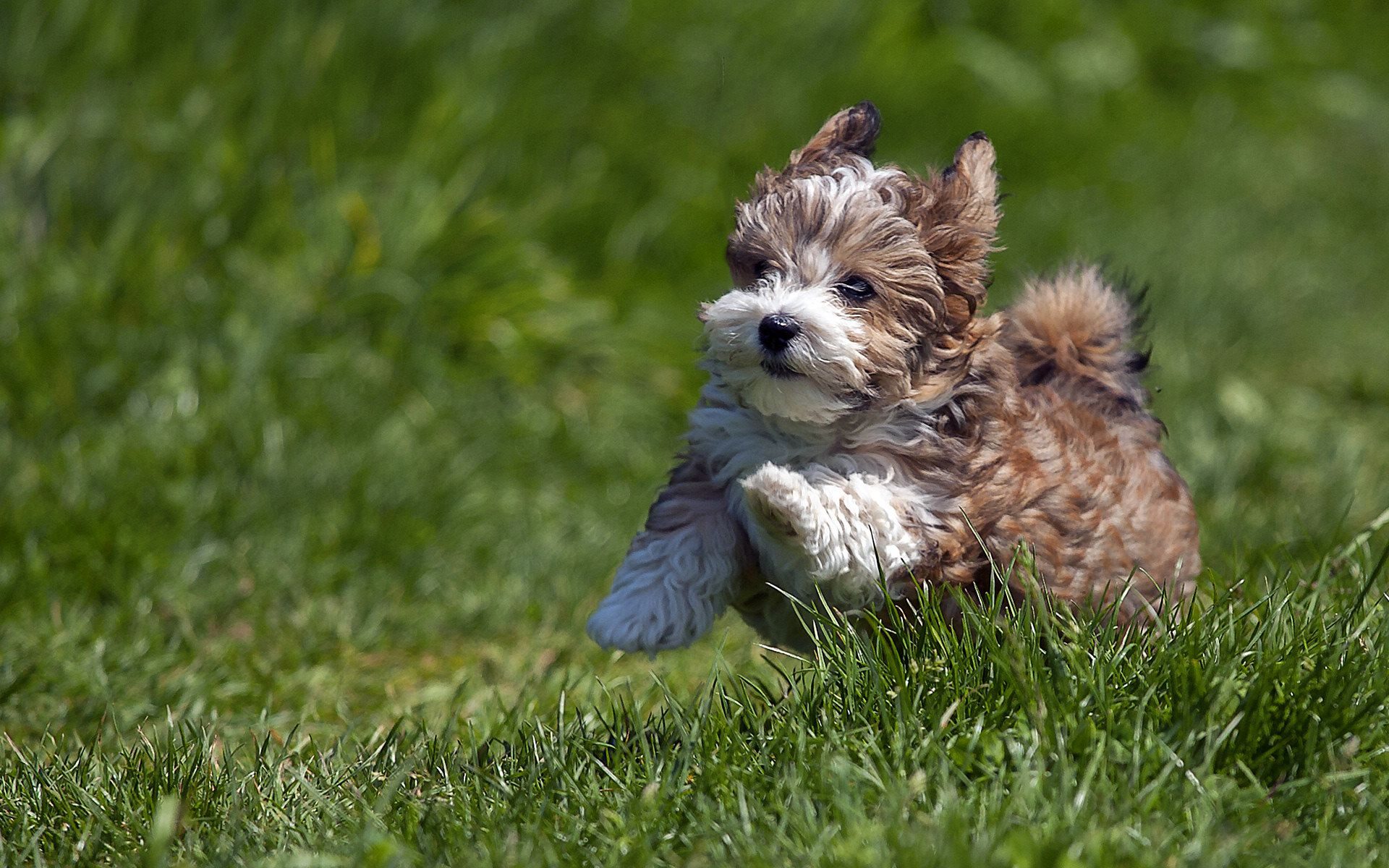Border Terriers are family dogs and should live indoors with their people, not tied out in the backyard — although they do enjoy having access to a yard. Just make sure the fence is high and secure — these dogs can be expert escape artists. If you’re buying a puppy, find a good breeder who will show you health clearances for both your puppy’s parents. Health clearances prove that a dog’s been tested for and cleared of a particular condition.
Border Terriers are sometimes bought without any clear understanding of what goes into owning one, and these dogs often end up in the care of rescue groups, in need of adoption or fostering. Other Border Terriers end up in rescue because their owners have divorced or died. If you’re interested in adopting an adult Border Terriers who’s already gone through the destructive puppy stage and may already be trained, a rescue group is a good place to start. Border Terriers usually get along well with other dogs and cats, especially if they’re introduced to them in puppyhood. They’re likely to chase outdoor cats as well as squirrels and other wildlife, and they shouldn’t be trusted alone with pet birds or small, furry pets such as rabbits, hamsters, and gerbils.
As in humans, being overweight can cause health problems in dogs. They’ll enjoy at least a half hour of exercise daily, such as a walk on leash, off-leash play in a fenced area, or a good game of fetch. Without enough exercise, Border Terriers are prone to weight gain and boredom. Heart defects of various kinds can affect Border Terriers, the most common of which is pulmonic stenosis, a narrowing of the valve that separates the right chamber of the heart from the lungs.
